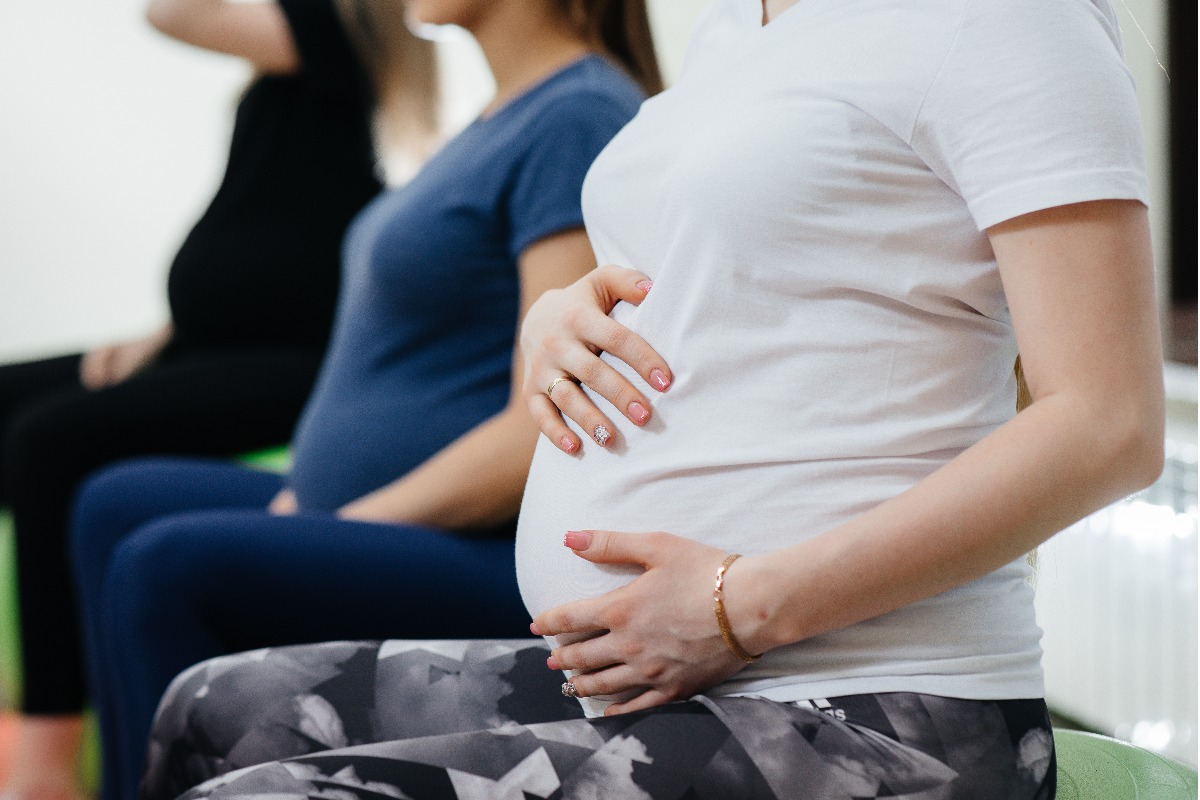Opening hours
-
Monday: 9:00 AM - 7:30 PM
Tuesday : 9.30 AM - 7.30 PM Wednesday : 9.00 AM - 7.30 PM Thursday : 9.30 AM - 7.30 PM Friday : 9.00 AM - 7.30 PM Saturday :9.00 AM - 3.30 PM Sunday : Closed
Contact Info
-
Phone : (416)-398-0372
- Fax : (647)-776-3192
- info@yorkdalewellness.com
Ask the Experts
Prenatal Care

- Reduces muscular pain and tension caused by postural changes and weight gain
- Reduces swelling and associated conditions through stimulation of the circulatory and lymphatic systems
- Treats/Prevents Sciatica and other nerve compression syndromes through treatment of tight/shortened muscles that irritate the underlying nerves
- Alleviates stress/anxiety by reducing Cortisol (stress hormone) and increasing serotonin/dopamine (feel-good hormones)
- Assists in postural awareness helping to prevent injuries/conditions pre and postnatally
- Assists in preparation for labor through physical/emotional support during pregnancy
Exercise improves the health and well-being of both the mother and infant during pregnancy and in the postpartum period. Pregnancy and the postpartum period are viewed as “teachable moments” where women are motivated to change their habits to improve the health of their babies and themselves. This unique period of time provides an opportunity for healthcare professionals, specifically physiotherapists, to educate women on the importance of adopting healthy lifestyle interventions, which include exercise.
In women, physical activity during pregnancy and the postpartum period confers benefits for the following maternal and fetal health outcomes
- Decreased cesarean births and operative vaginal delivery
- Better postpartum recovery
- Prevention of postpartum depression
- Prevention of excessive gestational weight gain (GWG)
- Reduced risks of obesity in pregnancy
- Reduced pregnancy complications such as pre-eclampsia, gestational hypertension, gestational diabetes (GDM), fetal macrosomia, and low birth weight.
addresses the mother's spine and pelvis, which will change tremendously to accommodate the growing baby. Chiropractic care throughout pregnancy addresses balance in the mother's spine and pelvis. When the spine or pelvis is out of
balance, the diameter of a woman's pelvis is decreased. Chiropractors call this a spinal misalignment, or a 'subluxation'.
enlarge symmetrically. When the pelvis is subluxated, the uterus will torque and reduce the maximum amount of space for the developing baby. In some cases, this restricts the baby's movement during pregnancy and can prevent the baby from getting into the best possible position for birth.

_page-0001 (1) (1).png)
